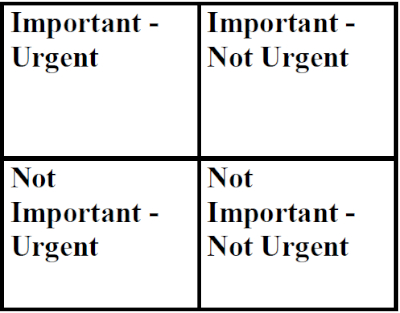Dalen W. Agnew, DVM, PhD, DACVP
Diagnostic Center for Population and Animal Health, Pathology and Diagnostic Investigation, College of Veterinary Medicine, Michigan State University, Lansing, MI, USA
Abstract
Dr. Dalen Agnew is a work in progress. Raised on a horse farm in rural Michigan where snakes were killed on sight not conserved, history and animals were his main interests—one had to stay a hobby while the other became a career. At first, he studied Russian and Soviet politics, but after 2 years, it became clear that a career with animals would be more fulfilling. (With the subsequent demise of the Soviet Union, this turned out to be a shrewd career move.) After attending veterinary school with the intention of becoming a horse vet, he fell into a job at the Detroit Zoo (as a colleague so aptly put it, “nothing beats dumb luck”). Clinical medicine was ultimately unsatisfying, however, since there were never very many answers or hard data, just empirical doses and anecdotal evidence. Pathology provided more answers, yet still allowed ample interaction and impact with the conservation and zoo community. Another unexpected positive attribute of a pathology career is a more predictable schedule and more time for family. During a pathology residency and graduate program, Dr. Agnew and his wife of 14 years had two children and are currently incubating a third. Now on the pathology faculty at Michigan State University, he and his family anticipate staying put for the foreseeable future, while maintaining a small backyard farm with horses, chickens, a dog, family dinners, snakes in the grass, and lots of good books about history.
Along the way, several aphorisms have guided his thinking toward not just survival (ultimately we can expect to lose this struggle), but thriving.
Working on the farm, he learned to “study the lazy man’s actions—they are models of efficiency.” You don’t need to be lazy, but by working efficiently, you can lead a more satisfying life.
Working in a zoo and watching valued colleagues quit or get fired, he learned “No one is indispensable.” Never take your job so seriously that you think you are the only one who can do it. You may be the only one who is doing it, but others will step up to the plate if you do not. The caveat to this rule is that you are indispensable to your family and children.
If you love your work, your home-life and work-life will mix. That’s OK, but don’t lose track of your priorities and save some time for just yourself and your family. Dr. Agnew’s first mentor (his father) always said: “Never go on vacation for less than 3 weeks, otherwise they’ll just save stuff for you in your in-box.” Make sure you vacation for at least 3 weeks!
And finally, another mentor, Dr. Linda Munson, provided the following chart (Figure 1, borrowed and refined from Steven Covey’s Seven Habits of Highly Effective People) to help prioritize the many tasks that arise every day. Every time someone calls with a new project, put it in one of these boxes and prioritize it accordingly.
Figure 1. Prioritizing tasks
